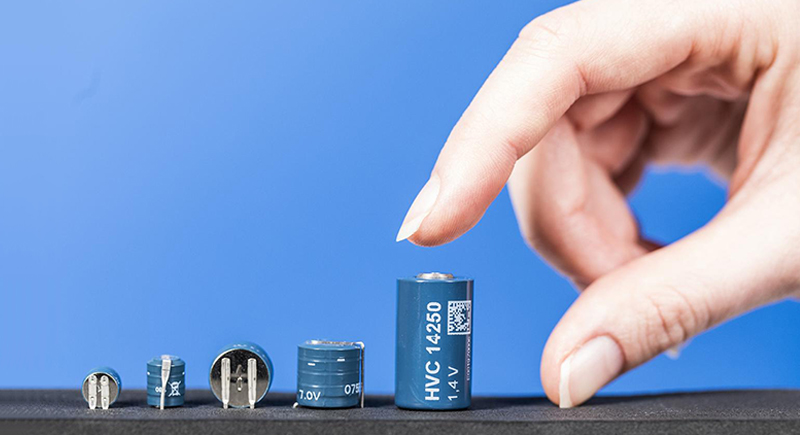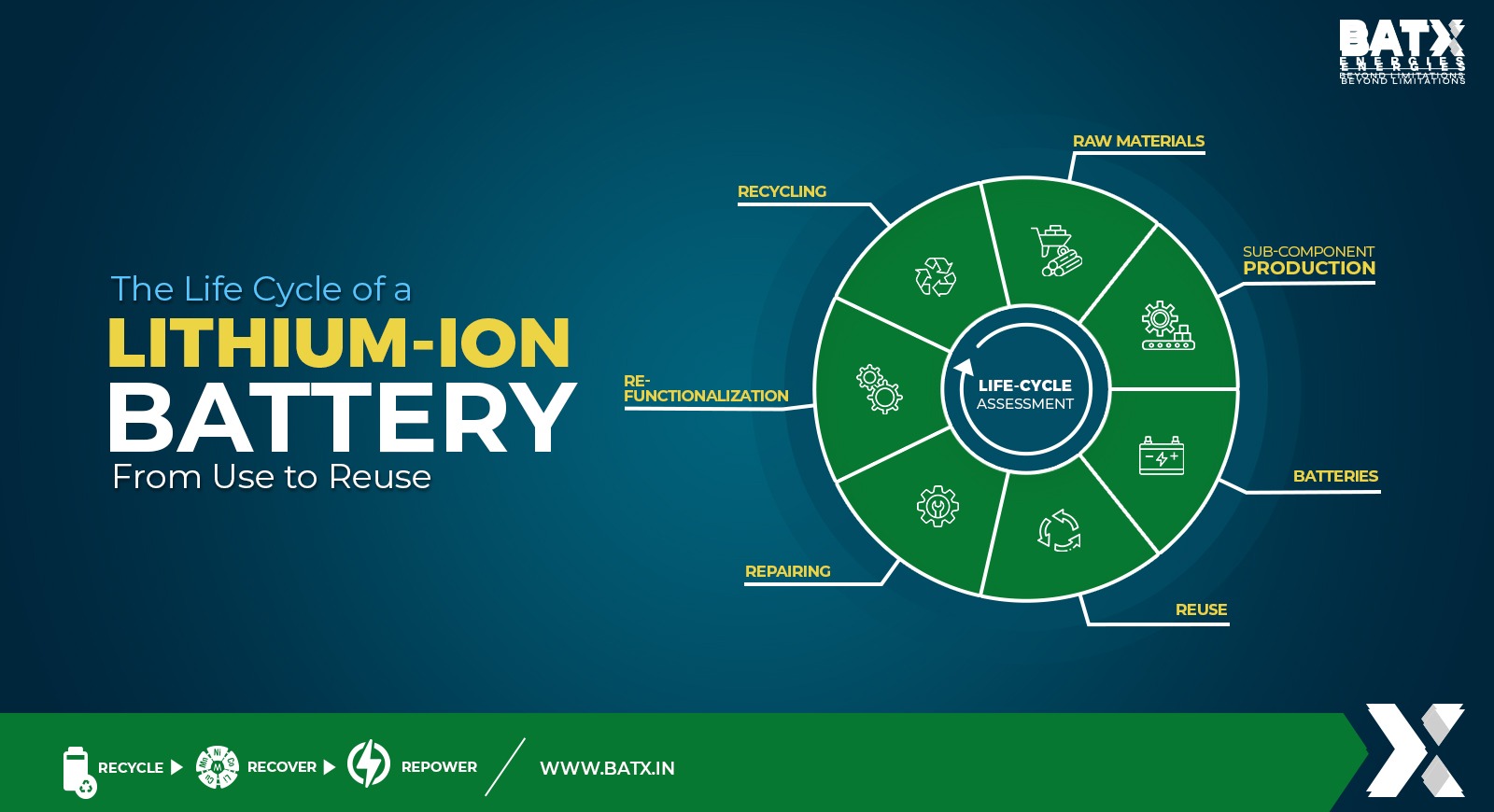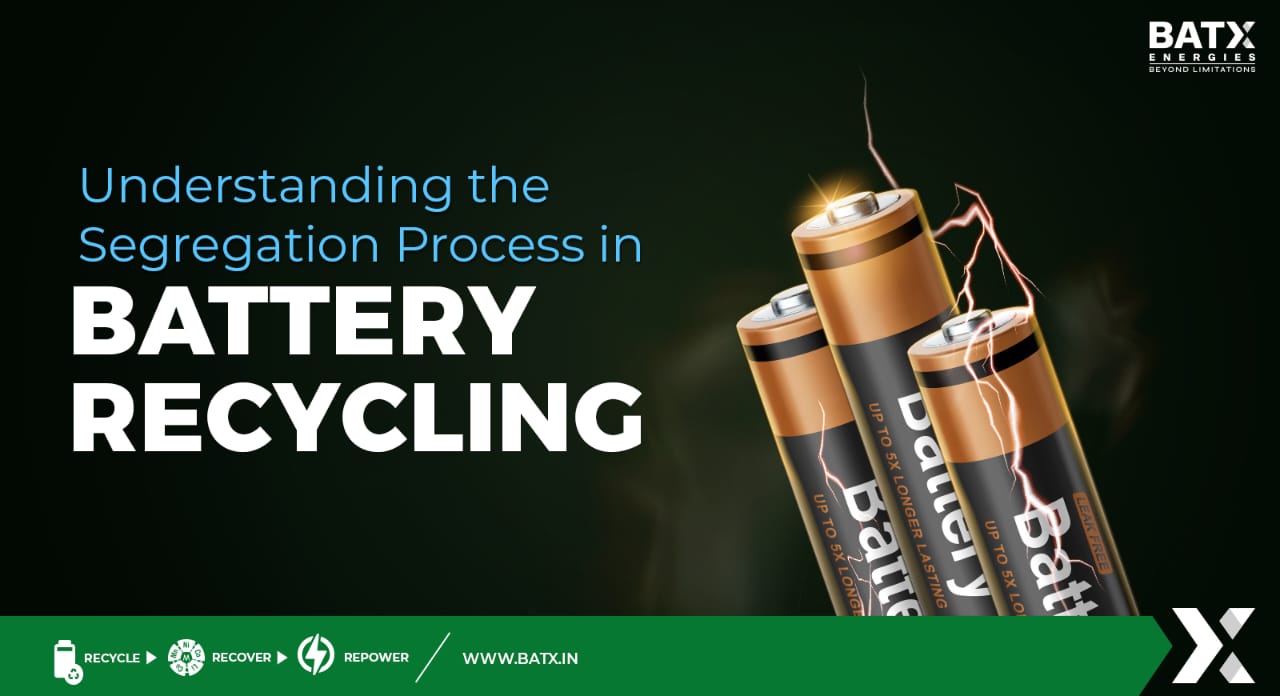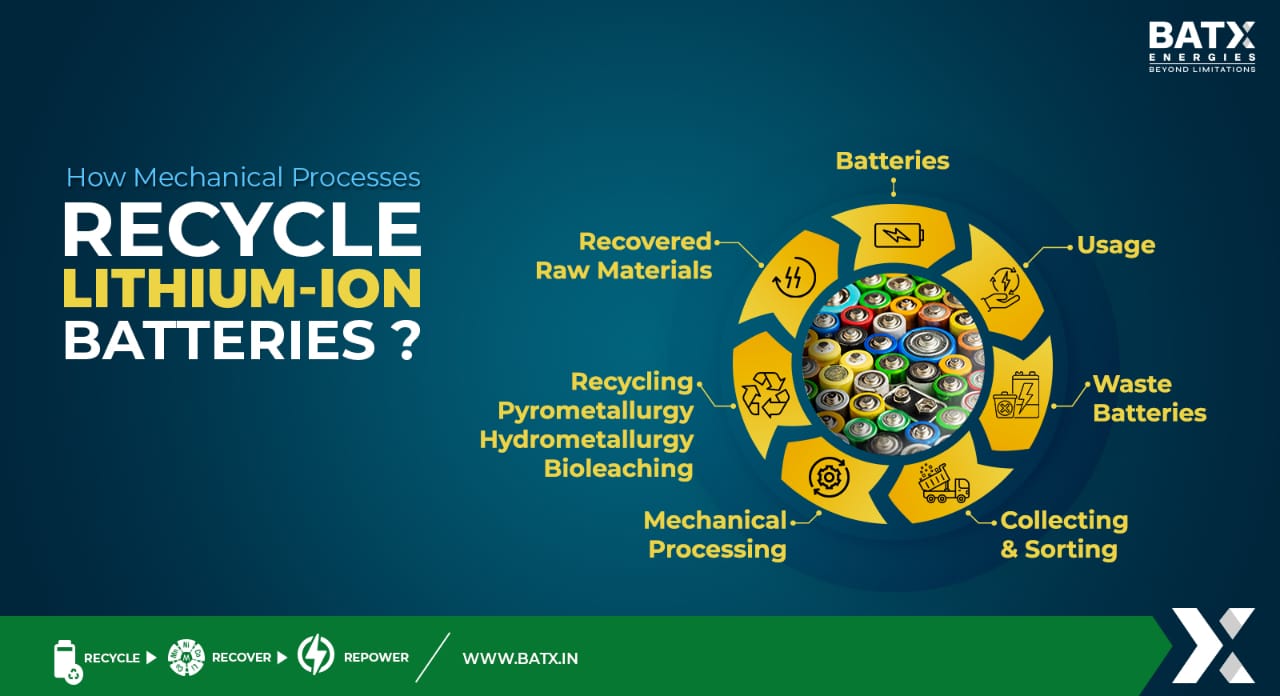In 2021, the Indian lithium-ion battery market was valued at US$ 2.1 billion. According to IMARC Group, the market is expected to reach US$ 4.7 Billion by 2027, exhibiting a CAGR of 15.3% during 2022-2027.
Lithium-ion batteries are advanced rechargeable and reusable sources of power. The battery consists of electrolytes, Graphite Anodes, Lithium Cobalt Oxide, and Lithium Manganese Oxide Cathodes, providing them with high energy density. As a result, these batteries are widely used in portable electronic devices, such as smartphones, laptops, digital cameras, electric vehicles, etc.
Lithium-ion batteries have several advantages over conventional lithium batteries. These include the ability to be fully discharged and recharged repeatedly without deterioration, a more significant charge storage capacity per unit mass, and low self-discharge rates. The best aspect of fast charging of the battery makes it very convenient for many companies to rely on the lithium-ion battery. They thus find widespread use in various industries, including electronics, automotive, military, and aerospace.
Lithium-ion Battery Market Trends
The Indian market for Lithium-ion batteries is significantly growing because of the increasing demand for portable electronic devices among the masses. The rapid shift in consumer preference has been noticed toward compact and portable consumer electronic devices in the last few years, leading to the escalating requirement for efficient storage and power backup solutions. Lithium-ion batteries in automobiles are also providing a boost to market growth.
In hybrid and electric vehicles (H/EVs), Lithium Cobalt Oxide (LCO) and Lithium Nickel Manganese Cobalt Oxide (NMC) batteries are used because they have low self-heating rates and offer improved vehicle economy, long-distance coverage, and quicker charging times.
Additionally, the market growth is supported by the implementation of favourable government regulations encouraging industrial manufacture and the use of Lithium-ion batteries for sustainable energy distribution. The deployment of smart grid and renewable energy systems, particularly in rural regions, and the extensive use of robotic solutions across sectors encourage market growth nationwide.
Government Regulations that Support Battery Manufacturers
The Lithium-ion market is being encouraged to expand by the Indian government with the goal of long-term environmental protection. To achieve this goal, the government planned to use Lithium-ion batteries to power significant portions with a budget of US$ 309 million. The Faster Adoption and Manufacturing of Hybrid and Electric Vehicle (FAME) scheme was started by the government of India to boost the Lithium-ion battery industry.
India has seen a rise in domestic battery production due to the government’s emphasis on e-mobility. By 2030, the Indian government wants to have a 30% electrified fleet. Additionally, the Indian government declared in July 2019 that prospective buyers of EVs would not be subject to income tax and that the goods and services tax (GST) on EVs would be decreased from 12 to 5 per cent. The establishment of a national mission on transformative mobility and battery storage with a five-year phased manufacturing program (PMP) until the government approved 2024 of the nation in March 2019.
Benefits of Lithium-ion Batteries
Lithium-ion batteries come with many advantages, some of which include:
- Very long-lasting: The most crucial part of the popularity of lithium-ion batteries is that it is a very long-lasting battery. Most lithium-ion batteries can be used for up to 5 years and even more if maintained properly. It becomes a one-time investment that can last you for a long time.
- Quick and efficient working: Lithium can charge quickly without draining any power. When it comes to efficiency, lithium-ion batteries are very efficient in their working. This is why this battery has become the choice of many manufacturers making different products that run in different situations.
- Lightweight: This feature has made the scope of batteries so comprehensive in the market. Lithium-ion batteries provide the same or more incredible energy in half the weight compared to standard batteries. Even these batteries are straightforward to install.
Due to all these, lithium-ion batteries have become so popular among people. Even the scope of Lithium-ion battery usage has become quite broad. With time, many innovations can be brought up in the batteries that will make it relatively easy and more accessible for people to use such batteries.
The future of India in terms of mobility, energy storage, etc., unquestionably depends on the manufacturing of lithium-ion batteries, which would be further complimented by businesses that are focused and oriented toward implementing cutting-edge new technologies.
Even though China has no substantial lithium mines, it controls more than 90 per cent of its lithium supply. It established a system for processing lithium and rose to prominence on a global scale.
India can potentially become the Li-ion battery recycling centre for the world. To do this, we must make sure that all Li-ion batteries are recycled in an eco-friendly way. Additionally, we must ensure the most significant possible recovery of crucial battery components like cobalt, lithium, nickel, graphite, manganese, and copper. The implementation of the appropriate recycling technologies can guarantee both of these.
The team of BatX Energies is working to utilize the end-of-life Lithium-ion batteries by extracting material, such as Lithium, Cobalt, Nickel, etc., and sending them back to the manufacturing companies. This helps the Lithium-ion batteries market in India to grow more sustainably.



